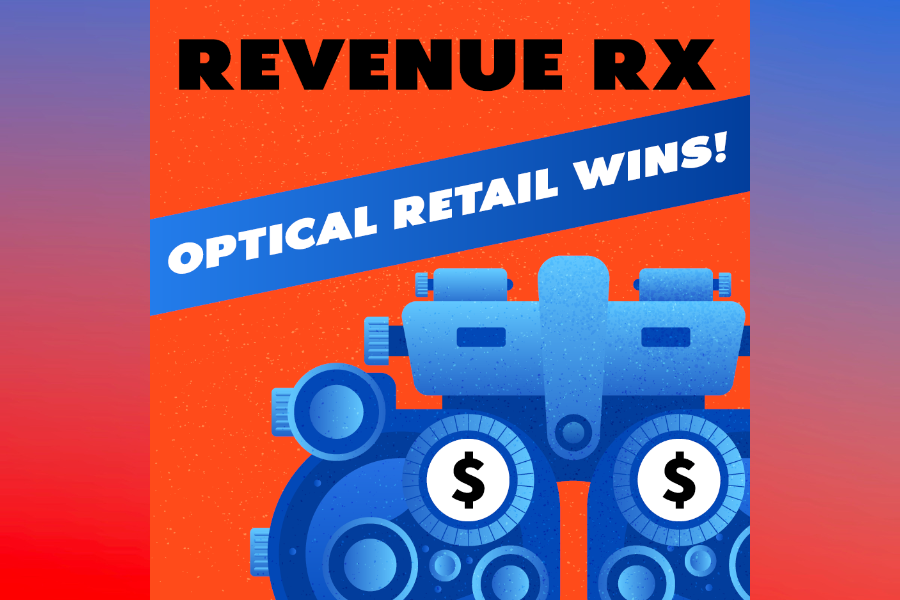
With Canadian consumers increasingly prioritizing buying local, Eye Care Business Canada (ECBC) set out to explore whether this trend is influencing eye care professionals’ purchasing decisions for ophthalmic lenses, eyewear frames, finished jobs from optical labs and contact lenses.
Between February 9 – February 28, ECBC conducted a national survey to gauge awareness, preferences, and the impact of country of origin in optical purchasing decisions. (Note: The survey results were taken before the March 4 imposition of Canadian tariffs by the US Administration.)
Who Responded?
We received 131 responses from a mix of Canadian eye care professionals. Among them 64% were Optometrists and 76% of respondents worked in an independent Optometry Clinic. The remainder were split between Independent Optical Stores, Retail Chains, and Other practice settings .
This provides a strong representation of decision-makers in independent eye care practices, who are responsible for sourcing optical products for their patients.
Key Findings from the Survey
Limited Information on Country of Origin
The survey results reflect a substantial amount of uncertainty as to the country of origin of the products and services (e.g. lab services) they purchase, particularly in Contact Lenses.
- Ophthalmic Lenses: Only 27% of respondents were “Very Certain” or “Often” aware of their origin.
- Eyewear Frames: 55% had some awareness, but only 22% were “Very Certain”.
- Contact Lenses: Awareness was lowest, with only 12% “Very Certain” of the country of origin.
This lack of transparency was reflected in participant comments:
“I would love to receive more information on where products are made if such information was available.”
“Even for those companies that say things are made in Canada, it is my understanding that many of the parts are made in other countries (Asia) and assembled in Canada to be able to be said that things are made in Canada. So it’s hard to know how much is being actually made in Canada.”
Even when frames are labeled as “Made in [Country X]”, it can be difficult to determine their true country of origin. Many frames are manufactured using a global supply chain, with different components—such as acetate sheets, hinges, screws, and temples—sourced from multiple countries.
For example, a frame may be designed in Canada, use acetate from Italy, hinges from Germany, and be assembled in China, yet still carry a single country label based on where final assembly took place. This makes it nearly impossible for ECPs and consumers to fully understand the true origin of their eyewear, even if country-of-origin information is available. The lack of transparency in sourcing and assembly practices adds another layer of complexity for those looking to prioritize Canadian-made or ethically sourced frames.
Preference for Canadian-Sourced Products
When asked where they would prefer their products to come from (assuming equal price and quality), the ECPs’ ranking was clear:

A strong preference for Canadian-made products emerged, with Europe as the second choice. The USA ranked last, reflecting concerns over economic and political factors.
“More Canadian products will be WELL RECEIVED :)”
“It would be nice to have more Canadian options for frames especially.”
Would ECPs Switch to Canadian Alternatives?
If a product was not manufactured in Canada, would ECPs switch to a Canadian-made alternative (if available)?
- 53% said YES, they would make an effort to buy Canadian.
- 44% said MAYBE, depending on price, quality, and availability.
- Only 2.5% said NO, they would continue buying as usual.
Several ECPs emphasized that Canadian manufacturers need to offer competitive pricing and quality to drive more local purchasing:
“I would hope that if there is a movement towards Canadian ECPs making an effort to purchase Canadian, the industry would provide great quality at good pricing. But we as a group have to make this shift.”
Are Patients Asking About Country of Origin?
One key question was whether patients care about where their eyewear products come from.
- 15% of ECPs said patients frequently ask about the country of origin.
- 40% said they are occasionally asked this question.
- 28% said it is rare, and 17% said they have never been asked.
Although this is not yet a dominant consumer concern, interest appears to be growing:
While many eyewear frames are manufactured in China or other countries, frames that are designed in Canada by Canadian-domiciled companies still contribute significantly to the Canadian economy. These companies drive local employment in design, marketing, distribution, and retail, and often reinvest profits back into the industry.
However, fully designed and manufactured in Canada frames remain uncommon, as most production facilities for acetate and metal frame components are located overseas. Even so, supporting Canadian-designed brands helps sustain innovation and strengthens the domestic optical industry despite the global nature of manufacturing.
“Since the tariff threats, many patients have asked about country of origin and specifically about Canadian-made products.”
“Although buying Canadian hasn’t been a priority in the past, with the recent climate, it has been brought up more and more. Both patients and staff members want to be consciously buying Canadian.”
ECPs who proactively communicate Canadian-made options noted that patients respond positively:
“I will bring up the Made in Canada products and most patients will appreciate the information and buy Canadian. This has been more pronounced over the past month.”
What Should ECPs Ask Their Suppliers?
With limited transparency around country of origin in the optical industry, Eye Care Professionals (ECPs) can take proactive steps by asking key questions to better understand where their products are coming from.
🔍 For Ophthalmic Lenses:
- Are the lenses surfaced, coated, or edged in Canada, or fully imported?
- If so from where?
🛠️ For Finished Jobs from Labs:
- Where do the lab’s lenses come from?
- Are coatings, edging services, assembly and Quality Assurance performed in Canada?
👓 For Frames:
- Are the frames Canadian designed?
- If the brand is Canadian, are the frames produced in Canada or sourced internationally?
By asking these questions, ECPs can make more informed purchasing decisions and advocate for greater transparency from their suppliers.
“We should all be more mindful of where products are made and be able to speak to that comfortably.”
Would your practice benefit from clearer country-of-origin labeling? Let us know in the comments!
Final Thoughts
This survey confirms that ECPs’ awareness of country of origin is limited, but there is strong preference for Canadian-made products among ECPs—if available at a competitive price and quality.
There is clear interest in greater transparency and a potential market opportunity for Canadian-based value-add in for optical goods and services providers.
Stay Tuned for More Insights!
Editors Note:
Eye Care Business Canada has done many surveys over the years, rarely to we have such a high percentage of engagement with open comments. Over 35% of respondents provided comments – a few of which we are unable to publish!! Canadian ECPs appear to be passionate about the topic!











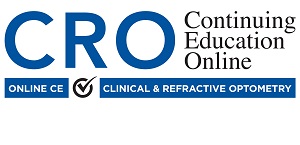
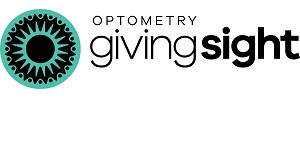
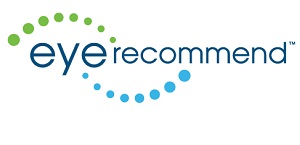
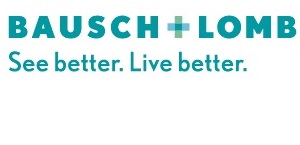


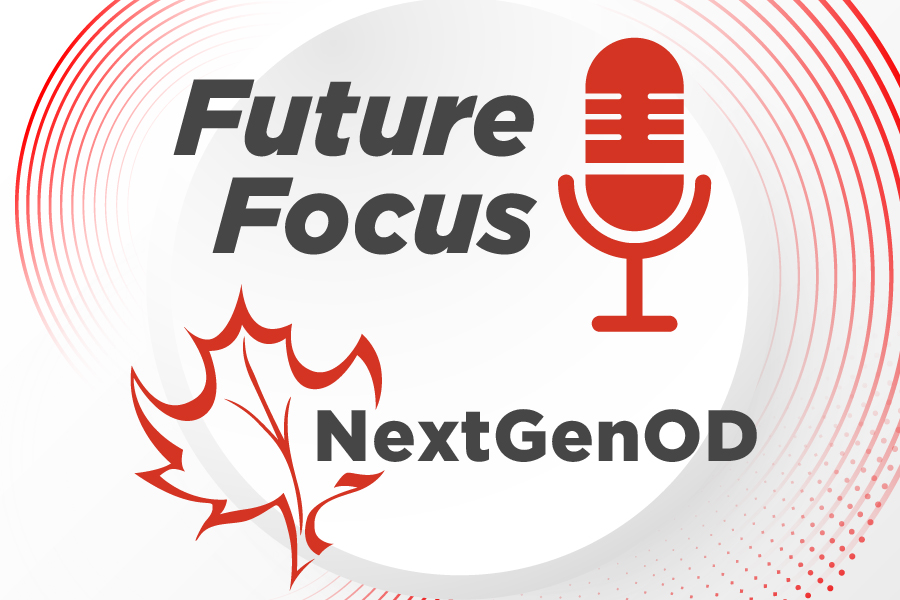

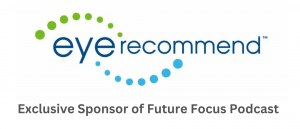 Eye Recommend is a dynamic network of independent optometrists dedicated to providing personalized, comprehensive eye care. They offer outstanding career opportunities across various optometry specialties, along with signing bonuses, mentorship programs, and access to exclusive world-class events and education. With a vast network of experts and clinics nationwide, they empower optometry students and recent graduates to build successful and fulfilling careers.
Eye Recommend is a dynamic network of independent optometrists dedicated to providing personalized, comprehensive eye care. They offer outstanding career opportunities across various optometry specialties, along with signing bonuses, mentorship programs, and access to exclusive world-class events and education. With a vast network of experts and clinics nationwide, they empower optometry students and recent graduates to build successful and fulfilling careers.